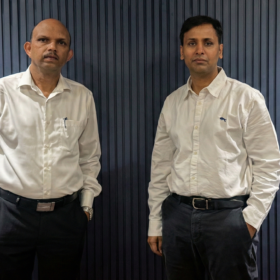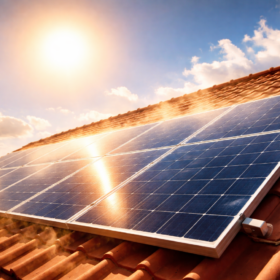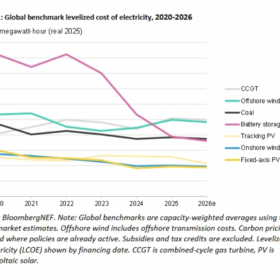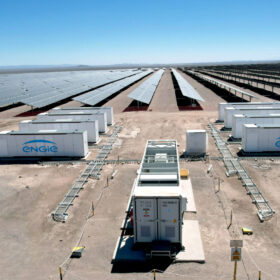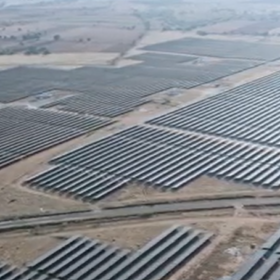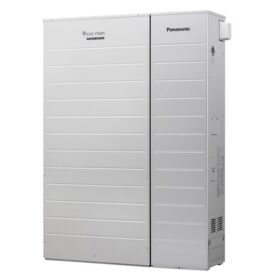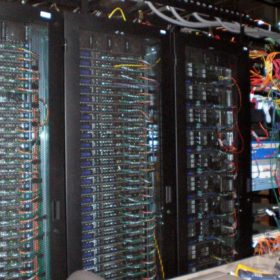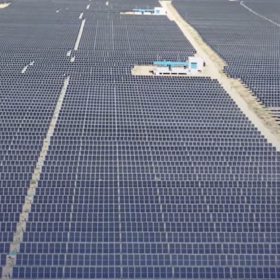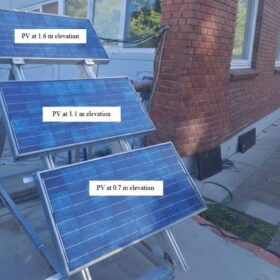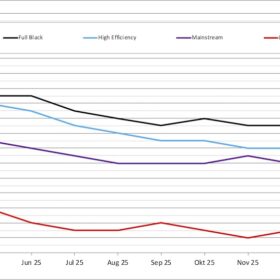Hycosys raises $1 million from MGF Kavachh to develop hydrogen-compatible micro gas turbines
The seed round will aid in accelerating system integration, pilot deployments, and fuel the commercialisation roadmap of the Hycosys’ indigenous hydrogen-compatible micro gas turbine platform with applications across distributed power, aerospace and mobility.
Global-warming-induced degradation could raise rooftop solar LCOE by up to 20%
A global study finds climate change will sharply increase high-temperature risks, accelerate degradation, and raise costs for rooftop PV, with economically disadvantaged regions hit hardest. Researchers warn current IEC standards underestimate future risks, urging urgent updates to avoid stranded assets and rising electricity costs.
Solar LCOE to fall 30% by 2035, says BloombergNEF
Analysis from BloombergNEF finds the levelized cost of electricity (LCOE) of a typical fixed-axis solar farm increased by 6% year-on-year in 2025 to stand at $39/MWh, but innovation and competition are expected to see costs fall by 30% through to 2035.
Corporate PPA deals down 10% in 2025 as AI demand plugs gaps
BloombergNEF global report finds corporate clean energy procurement fell in 2025 for first time in nine years amid negative pricing and policy uncertainty. Big Tech leads procurement as number of cPPA offtakers halved in the United States. Solar remains the top generating technology for cPPAs.
India’s electricity transition unfolds unevenly across states
A new report by IEEFA and Ember finds that India’s electricity transition is unfolding differently across states, shaped by variations in resource endowments, development pathways, and institutional capacities. While some states are already leading in renewable energy deployment and grid readiness, others are building momentum, presenting significant opportunities for accelerated progress through targeted, state-specific policy interventions.
Clean Max Enviro Energy raises INR 921 crore from anchor investors
Clean Max Enviro Energy Solutions has raised INR 921 crore from anchor investors ahead of its initial public offering that opens for public subscription today (Feb. 23, 2026).
Panasonic debuts fuel cell cogeneration system for PV‑integrated homes
Panasonic has launched a new home fuel cell system for detached houses, designed to boost solar self-consumption through HEMS‑based smart scheduling. The unit generates electricity and heat from gas, supports demand response, and can supply emergency power during outages.
India must leverage its mature renewable energy base to sustainably power its global AI data centre hub ambitions: Deloitte report
India’s expanding renewable energy base and clean power can play a central role in supporting the next phase of data center growth, supported by smarter power sourcing, stronger grid readiness and coordinated policy action to ensure reliable and sustainable energy at scale, says a new report by Deloitte Asia Pacific.
NTPC REL commissions additional 165 MW at Khavda-II solar PV project
Following the commissioning of the first 210 MW phase, NTPC Renewable Energy Ltd, an arm of NTPC Green Energy Ltd, has commissioned an additional 165 MW at its 1,200 MW Khavda-II solar PV project in Gujarat.
The effects of solar module elevation on ground-mounted PV
Scientists in Hungary found that ground-mounted PV modules at an intermediate elevation of 1.1 m achieve the highest efficiency and power output due to improved airflow and reduced cell temperature. Their study also estimated a levelized cost of electricity of $0.0843/kWh and 577.78 kg CO₂ mitigation over 25 years, while noting results are specific to concrete surfaces.
